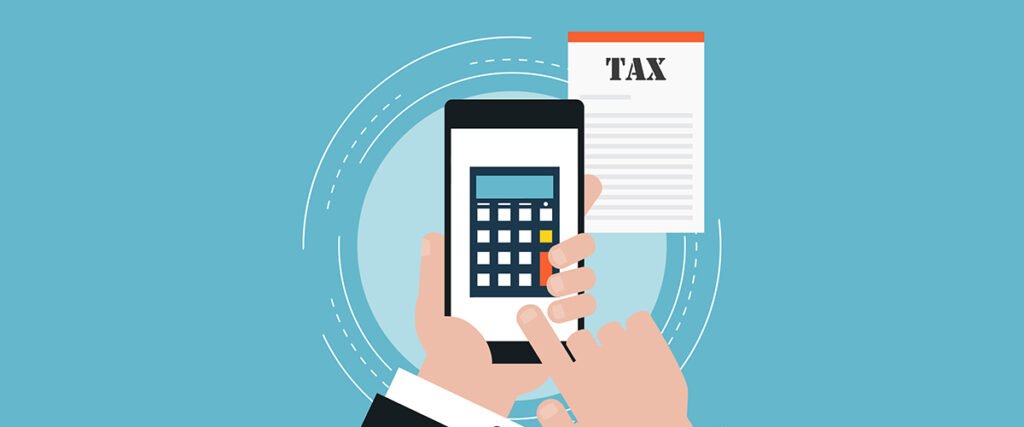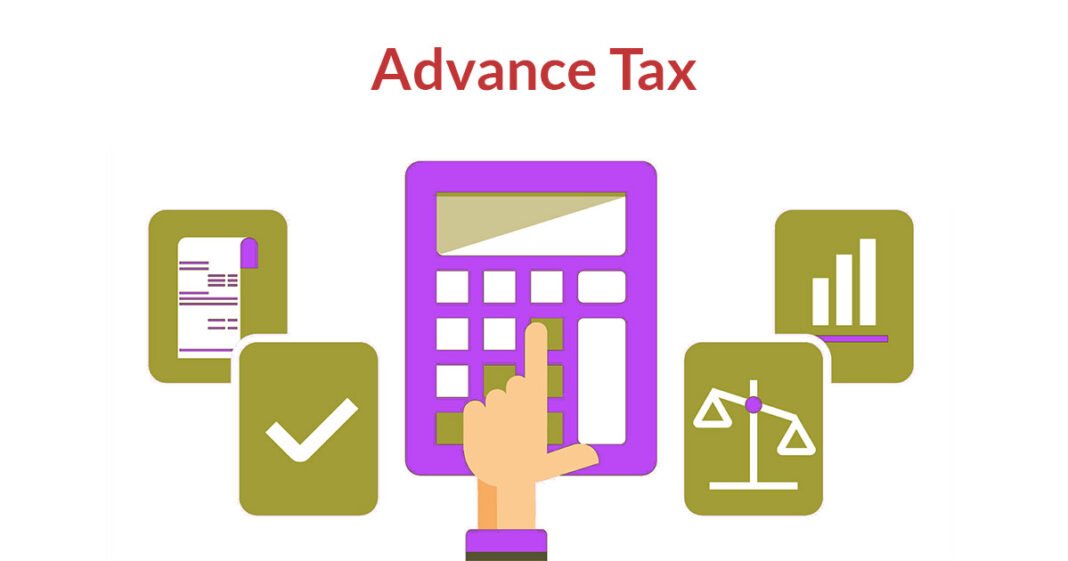Taxes are a necessary evil. While we all may not love paying taxes, they are an important part of keeping our country running. And in many cases, taxes can actually be beneficial to us. One such example is advance tax payment in India. By making an advance tax payment, you can actually save money on your taxes. In this blog post, we will explore how advance tax payment works in India and how it can benefit you.

Who Needs To Pay Advance Tax In India?
If you are a resident in India, you are required to pay Advance Tax if your tax liability for the financial year is Rs. 10,000 or more. If you are a senior citizen (aged 60 years or above but less than 80 years) and your tax liability is Rs. 5,000 or more, you are also required to pay Advance Tax.
Advance Tax is required to be paid in instalments, as follows:
- 15% on or before 15th June
- 45% on or before 15th September
- 75% on or before 15th December
- 100% on or before 15th March
When Is Advance Tax Due In India?
Advance tax is payable in India if the estimated tax liability for the financial year is Rs. 10,000 or more. Advance tax must be paid in instalments, with the first instalment due on 15th June and the second instalment due on 15th September. The third and final instalment is due on 15th December.
How Is Advance Tax Calculated In India?
Advance tax in India is calculated based on the expected income of the taxpayer during the financial year. The advance tax liability is then divided into three instalments, with the first instalment due on June 15, the second on September 15, and the third on December 15.
If the total advance tax liability for the financial year is less than Rs 10,000, there is no need to pay advance tax. For taxpayers with an advance tax liability of Rs 10,000 or more, the first instalment must be paid by June 15. If this instalment is not paid on time, a late payment penalty of 2% will be levied on the outstanding amount.
The second and third instalments of advance tax must be paid by September 15 and December 15 respectively. If either of these instalments is not paid on time, a late payment penalty of 1% will be levied on the outstanding amount.
Advance tax can be paid online using the Income Tax Department’s e-filing portal or through a designated bank branch. Once the payment has been made, taxpayers should ensure that they receive a confirmation receipt from the bank or e-filing portal.
What Are The Penalties For Not Paying Advance Tax In India?
If you do not pay your advance tax in India, you may be subject to a number of penalties. These can include interest on the unpaid tax, as well as late payment fees. In addition, if you have failed to pay your advance tax for three consecutive years, you may be subject to prosecution and imprisonment.
How To Pay Advance Tax In India?
If you are an Indian resident and liable to pay tax on your income, you must pay advance tax. Advance tax is also known as ‘pay-as-you-earn’ tax.
Advance tax is payable if the estimated tax liability for the financial year is Rs 10,000 or more. However, senior citizens (aged 60 years or more) who do not have any business income are exempted from paying advance tax.
Advance tax is required to be paid in instalments. The first instalment is due on 15th June of the financial year and the second instalment is due on 15th September. The third instalment falls due on 15th December and the last payment must be made by 15th March of the following financial year.
If advance tax is not paid as per schedule, interest at 1% per month from the date each instalment was due will be levied until the date of actual payment.
However, if advance tax liability for the year turns out to be less than Rs 10,000, no interest will be levied provided the entire amount of taxes due is paid before 31st March of that financial year.
Also Read: How to File Income Tax Return?

